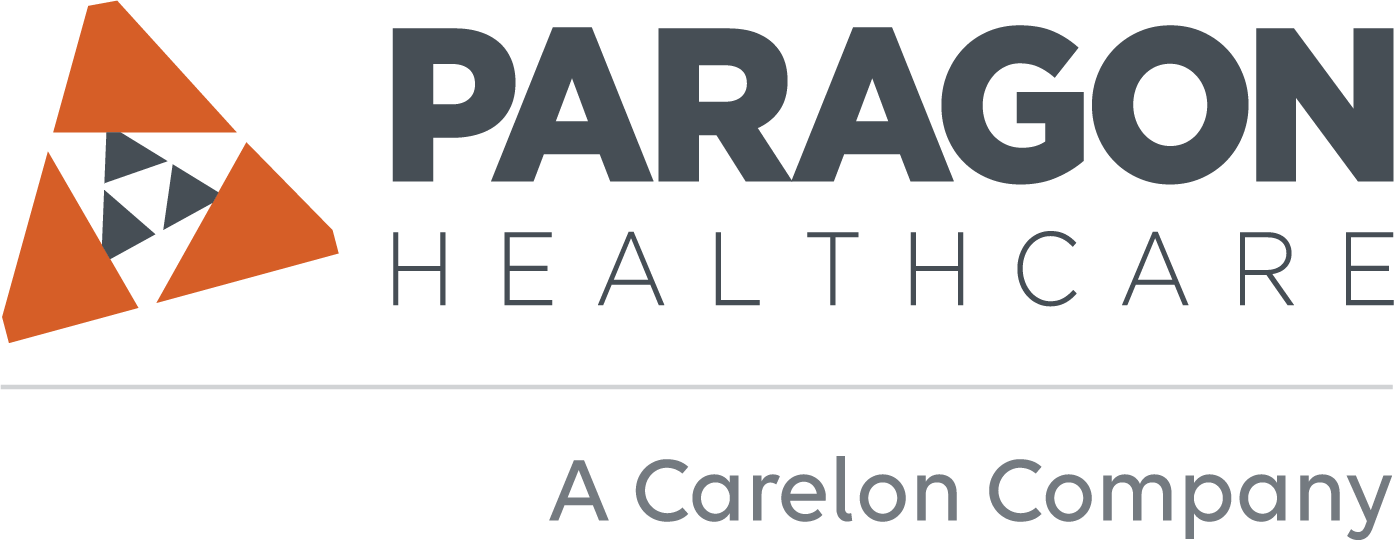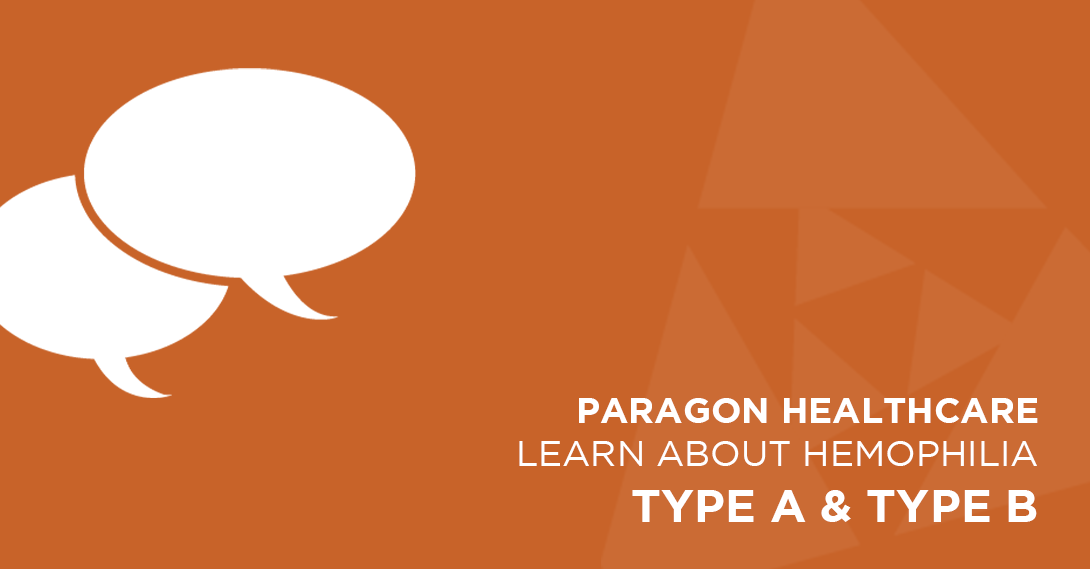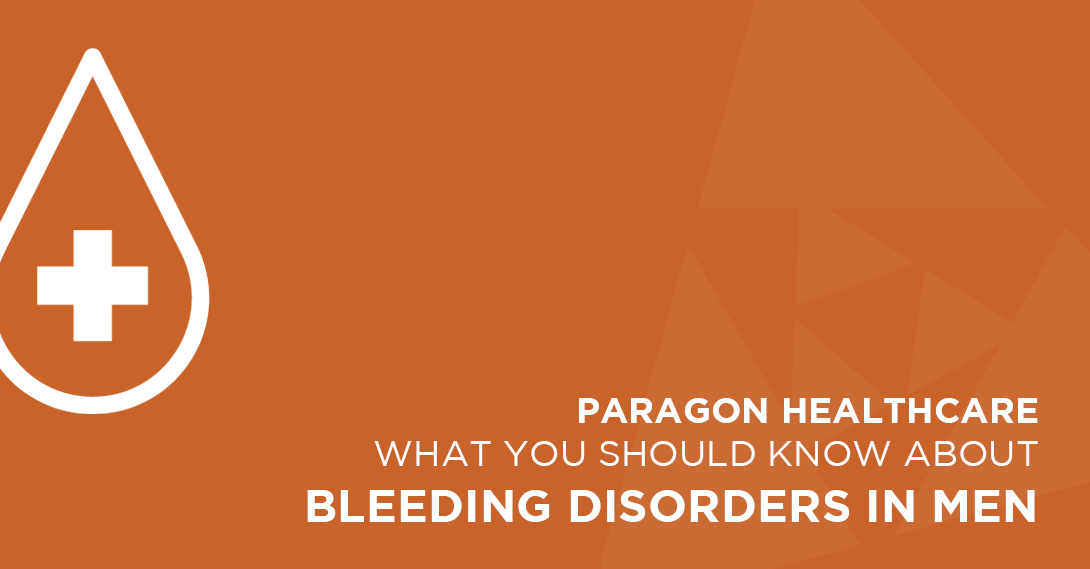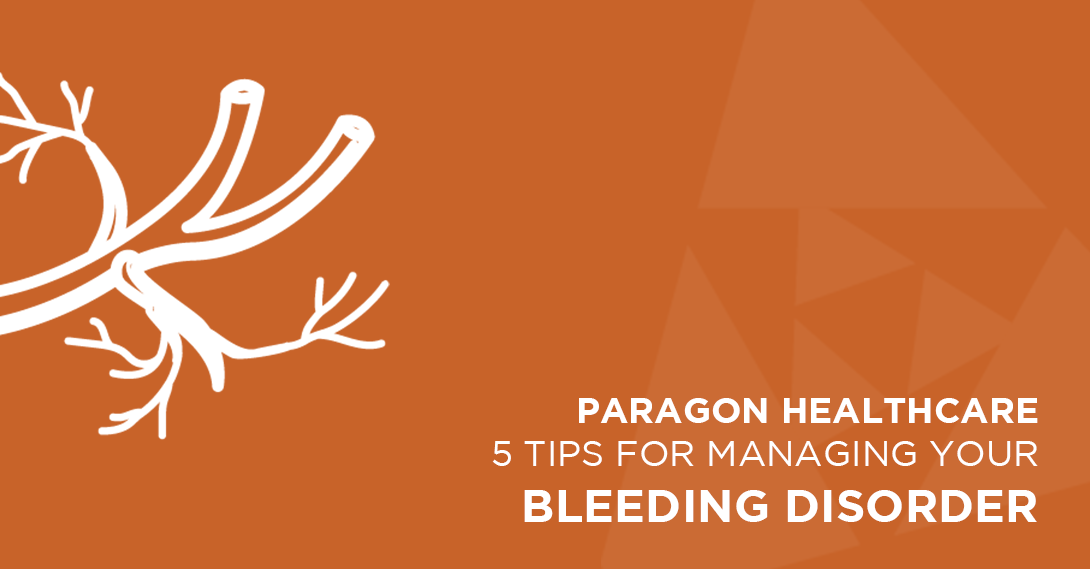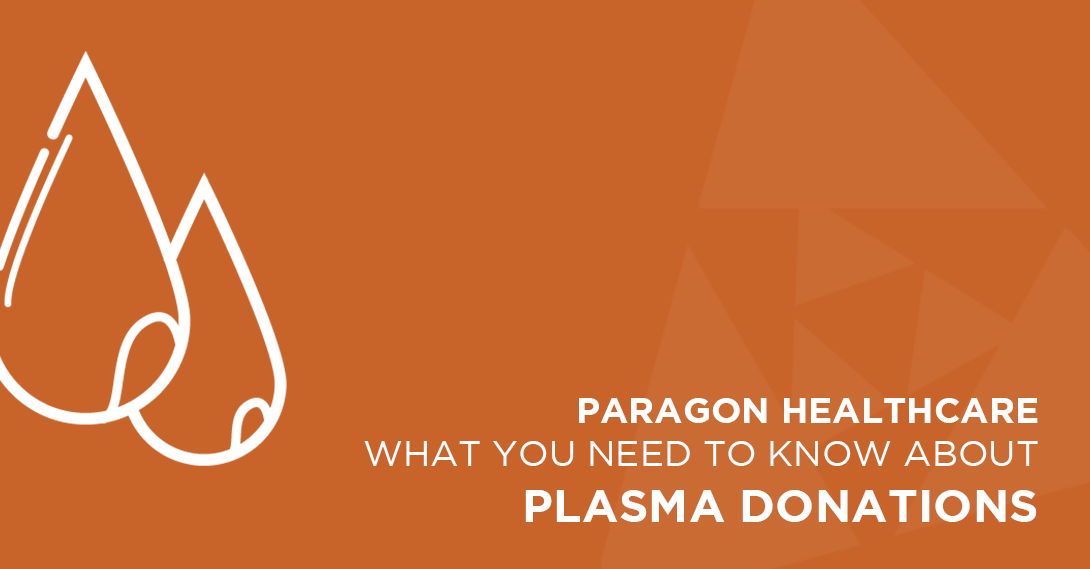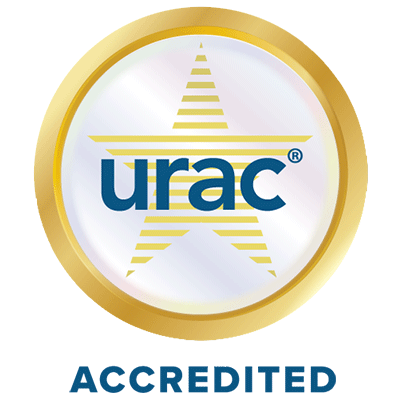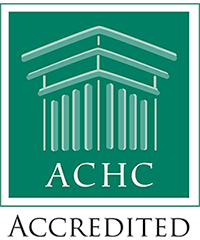What is hemophilia?
Hemophilia is a rare disorder in which your blood doesn't clot normally because it lacks blood-clotting proteins (clotting factors). If you have hemophilia, you may bleed for a longer time after an injury than you would if your blood clotted normally. Hemophilia is usually inherited (passed from parent to child) but can be acquired (developed when a person's immune system attacks clotting factors in the blood).
Signs and symptoms of hemophilia may include:
- Bleeding into the joints. This can cause swelling and pain or tightness in the joints; it often affects the knees, elbows, and ankles.
- Bleeding into the skin (which is bruising) or muscle and soft tissue causing a build-up of blood in the area (called a hematoma).
- Bleeding of the mouth and gums, and bleeding that is hard to stop after losing a tooth.
- Bleeding after circumcision (surgery performed on male babies to remove the hood of skin, called the foreskin, covering the head of the penis).
- Bleeding after having shots, such as vaccinations.
- Bleeding in the head of an infant after a difficult delivery.
- Blood in the urine or stool.
- Frequent and hard-to-stop nosebleeds.
Complications of hemophilia may include:
- Deep internal bleeding
- Damage to joints
- Infection
- Adverse reaction to clotting factor treatment
What is hemophilia A?
There are two main types of inherited hemophilia, Type A and Type B, which are similar. Hemophilia A is caused by a deficiency of factor VIII (factor 8). When all of the elements of the blood work correctly together, the body can quickly provide a clot, which is necessary for healing an open wound or after surgery. When the body cannot form a suitable clot, this can cause multiple challenges and health concerns, and it is known as a bleeding disorder.
What is hemophilia B?
Hemophilia B, one of the two main types of inherited bleeding disorders, is caused by a deficiency of factor IX (factor 9). For both men and women, hemophilia can cause a person to bleed longer than usual, both internally and externally. A bleed may occur after a serious injury, trauma, or surgery. For women, they may experience heavy menstrual periods and can hemorrhage after giving birth.
What is hemophilia C?
Click here to read our blog article about hemophilia C.
How do you treat hemophilia?
The best way to treat hemophilia is to replace the missing blood clotting factor so that the blood can clot properly. This is accomplished through infusing factor into the bloodstream. Factor is typically plasma-derived but may be synthetically produced. Plasma is collected from many different people and then goes through a separating process to isolate specific factors. The patient then infuses this to replace the deficient factor in their blood so that everything functions normally.
Those with a hemophilia A diagnosis also have access to a drug that is administered into the skin, like a shot. This product does not replace the clotting factor but acts like a passageway for factor IXa and factor X to meet and work together. Once factor IXa and X get together, a clot is formed. People with Hemophilia B cannot use this drug.
Drugs used to treat hemophilia are provided by a specialty pharmacy, such as Paragon. We teach our patients the building blocks of managing their bleeding disorder, learning how to administer their medication in the home setting, and finding creative ways to overcome the challenges they may face. We make the transition from a patient's current provider to our service as smooth as possible. We focus on building relationships with each patient so that we can best understand and meet their needs.
Wherever you are on your journey, we're here to support you. For more information about joining the Paragon family, visit https://paragonhealthcare.com/hemo/.
Additional Resources:
- Hope for Hemophilia 501(c)(3) - Helping people living with hemophilia and their families through seasons of crisis since 2009 with financial, emotional, and practical support.
- Hemophilia Federation of America - A patient education, services, and advocacy organization for the rare bleeding disorders community. Focused on bleeding disorder patients and caregivers.
- National Hemophilia Foundation - Dedicated to finding better treatments and cures for bleeding disorders and preventing complications through education, advocacy, and research.
Paragon Healthcare is dually accredited by URAC and the Accreditation Commission for Health Care. URAC is an independent, nonprofit accreditation entity founded in 1990. URAC's mission is to advance healthcare quality through leadership, accreditation, measurement, and innovation. ACHC is an independent, private, not-for-profit corporation established in 1986. The association for Home and Hospice Care of North Carolina established ACHC to ensure quality, patient-focused, clearly written accreditation standards for in-home aide services.
